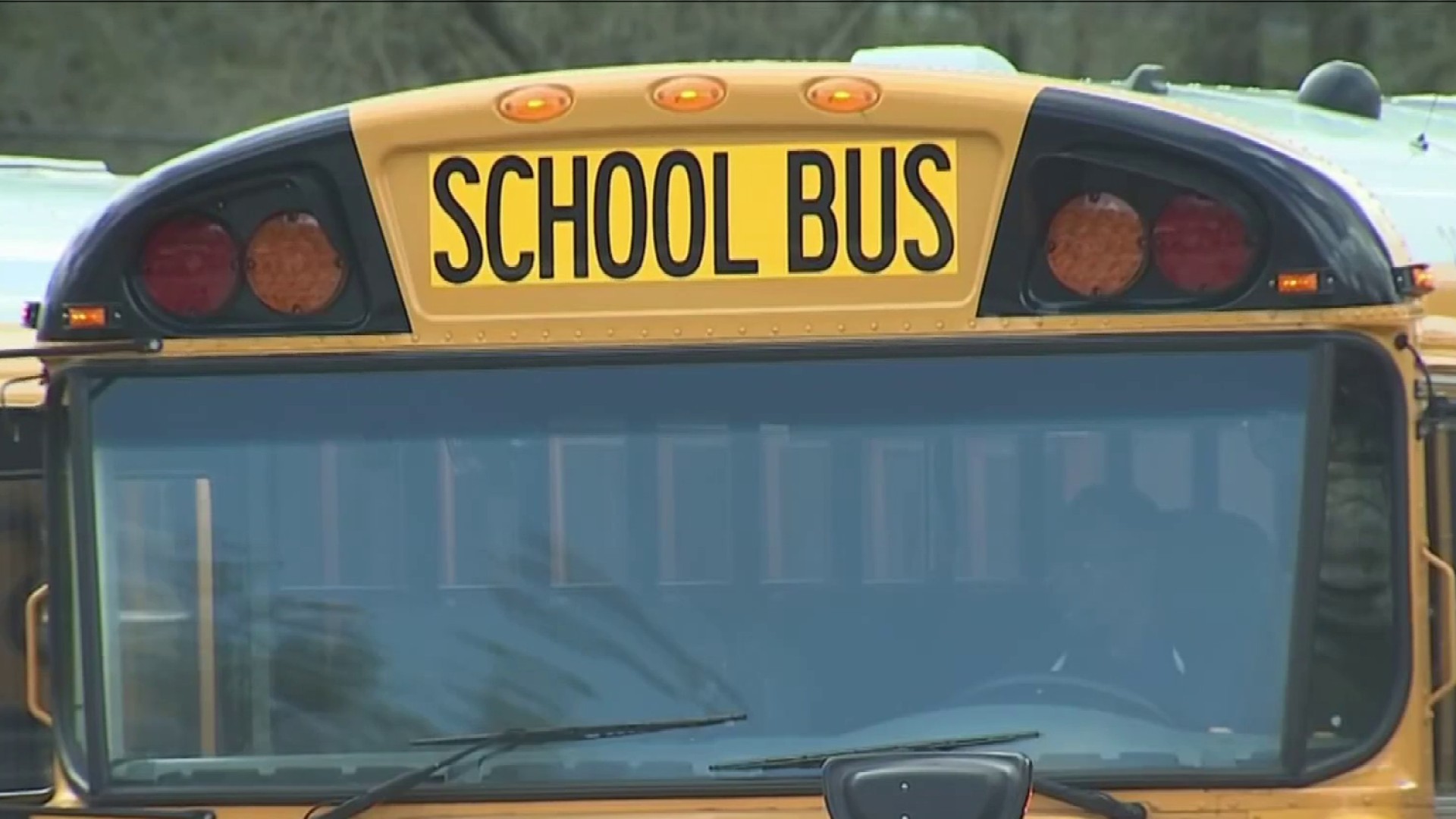Tricia Powell couldn’t breathe. Her lips were swelling. Her chest felt increasingly heavy. And her medications weren’t working.
The Pennsylvania woman was having a severe allergic reaction, but because she was 30,000 feet in the air, she had nowhere to escape.
“I’m, just, I’m struggling; I’m struggling to breathe,” Powell recalled of the 2017 flight from Miami to Philadelphia. “The thought I had is that I’m going to die here on the plane and I’m going to be leaving my kids without a mother.”
The incident happened after a flight crew gave passengers mixed nuts as a snack, she said, despite her husband having received assurances ahead of time that none would be served.
She didn’t consume any, but said within moments of breathing the oils, her airways began to close. She injected herself with multiple EpiPens she had packed in her carry-on, to no avail. At her husband’s urging, the flight was forced to make an emergency landing.
After what she called a near-death experience, Powell wants more to be done to protect severe allergy sufferers like her during air travel.
“Shouldn’t we all have the same rights to be able to fly somewhere and get there safely?” she said.
Local
Washington, D.C., Maryland and Virginia local news, events and information
It’s unknown just how often people like Powell suffer allergic reactions in the sky.
The News4 I-Team asked all of the major airlines to detail how many severe allergy incidents have occurred on their flights in recent years, but none provided the number.
What’s more, the I-Team learned airlines aren’t required to report such data to the Federal Aviation Administration, nor does the FAA keep track of any reports it might receive.
For the past three years, Congress has demanded the FAA report what airlines are required to document about on-board allergic incidents, as well as how often they occur. But the I-Team found the FAA didn’t respond to the congressional request, which was outlined in the 2017, 2018 and 2019 appropriations bills, until this June.
In the memo, the FAA acknowledged it doesn’t keep the data but described the problem as an “extremely rare occurrence.”
Using estimates from a 2013 study by the National Institutes of Health, it reported about 2% of airline medical emergencies between 2008 and 2010 involved allergic reactions. That’s roughly 90 incidents a year. None of them resulted in death.
But House Appropriations Committee Chairwoman Nita Lowey, whose committee had repeatedly requested the information, told News4 she wants formal reporting of these incidents.
“As far as I’m concerned, it's essential that we know,” she said.
Though some airlines have voluntarily agreed to stop serving peanuts, the New York Democrat said she wants a broad ban on serving nuts of any kind, in addition to other measures.
While non-allergy sufferers may find such a change an inconvenience, for allergy sufferers, she said, the issue “truly is a matter of life and death.”
Few Requirements
As it stands, airlines have very few requirements when it comes to people with food allergies, except that they must allow people who say they have severe food allergies to preboard and wipe down their seat.
That’s because the U.S. Department of Transportation considers food allergies to be a disability covered under the Air Carrier Access Act (ACAA), an issue that was challenged in a recent complaint brought by the Food Allergy Research and Education (FARE) group.
In that case, FARE joined a woman who said American Airlines denied her request to preboard in order to wipe down seats for her son, who has a life-threatening allergy to peanuts.
According to the complaint, which was filed with the Transportation Department, American Airlines denied violating the ACAA, arguing not everyone with food allergies qualifies for a disability.
It also admitted that, at the time, it didn’t allow passengers with food allergies to preboard to sanitize surfaces but said it was changing its policy to allow it.
Lisa Gable, who heads FARE, said her group wants uniform policies for handling passengers with the most common severe allergies and for airlines to keep track of how often they occur.
Her organization estimates as many as 32 million Americans are affected by food allergies, including 5.6 million children. Though the prevalence of food allergies in children increased by nearly 50 percent between 1997 and 2011, according to the Centers for Disease Control and Prevention, Gable said more and more adults are now developing the problem.
“If I was going to give the U.S. government one job, it would be to give me the prevalence data so that we can then start getting this public health crisis addressed,” Gable said.
Her organization is working to reach consensus with airlines about standards they can put in place, voluntarily, to help address the problem.
“We want to sit down with (airlines) and we want to figure out where we can have consistent policies, so that when anyone is doing air travel, they know what to expect and they know what's expected of them,” she said.
News4 asked the major airlines how they prepare for allergic incidents onboard.
American Airlines said it stocks planes with inflight medical kits and will include EpiPens with auto-injectors by the end of the year.
Southwest Airlines told News4 it equips planes with EpiPens and emergency medical kits. In recent years, the airline stopped serving peanuts to passengers, earning praise from groups like FARE, but it does not prohibit customers from bringing such foods on planes.
Delta Airlines said it stocks a generic form of Benadryl, epinephrine, oxygen and an inhaler on flights. The airline said it also trains flight attendants on how to respond to allergic reactions and does not serve peanuts.
Frontier Airlines said it also stocks emergency kits but was upfront in saying the airline “cannot guarantee an allergy-free cabin and does not exclude specific food items from being brought, served or consumed on board.”
Reported by Scott MacFarlane, produced by Katie Leslie, and shot and edited by Steve Jones.



